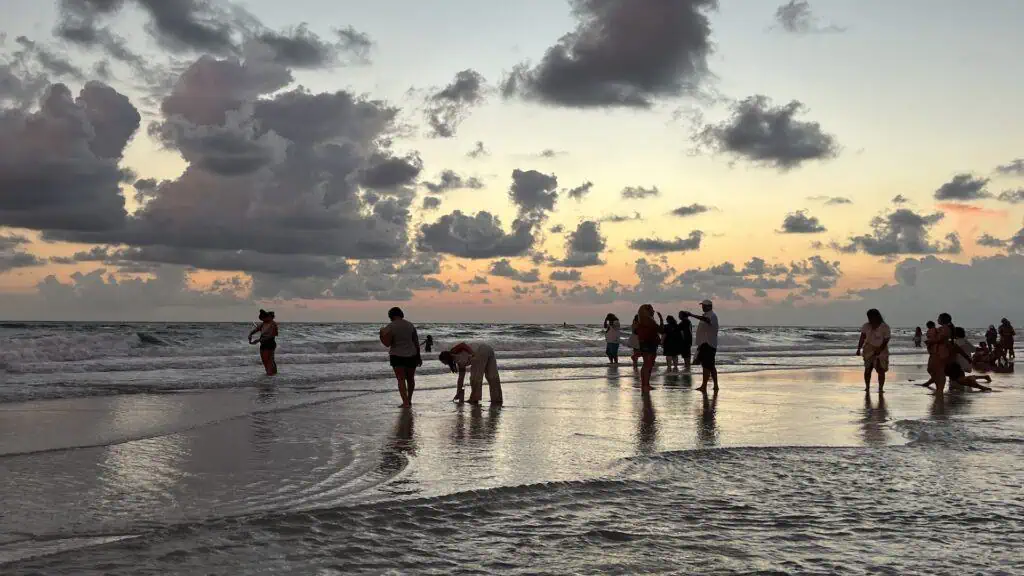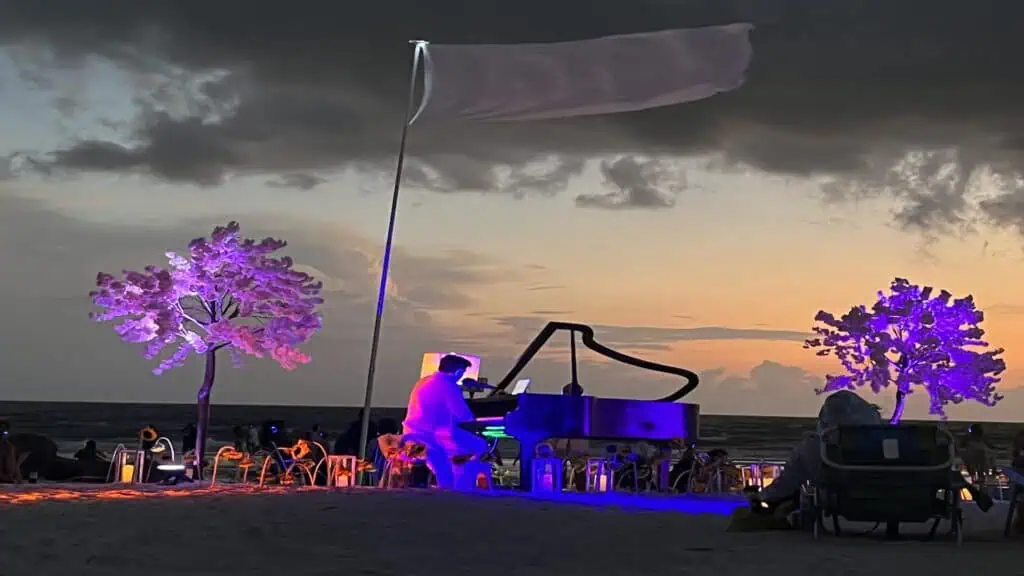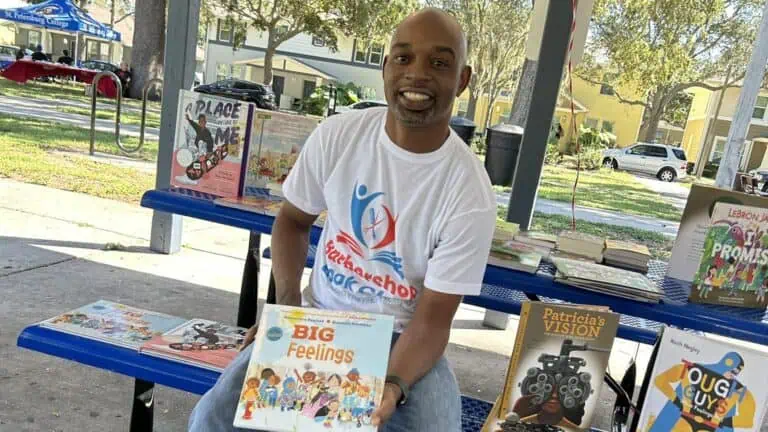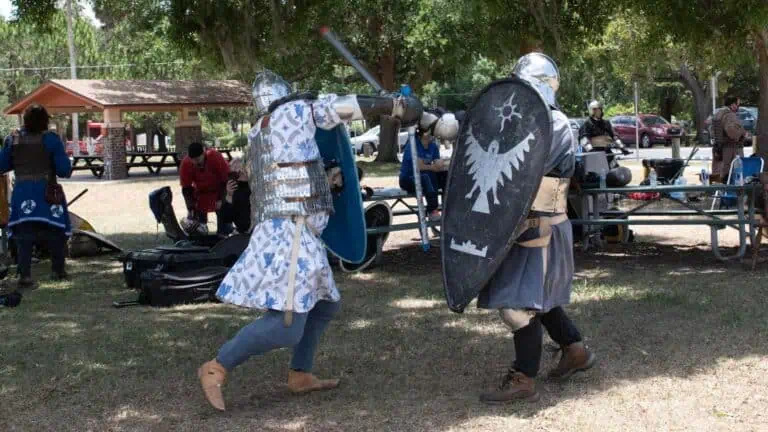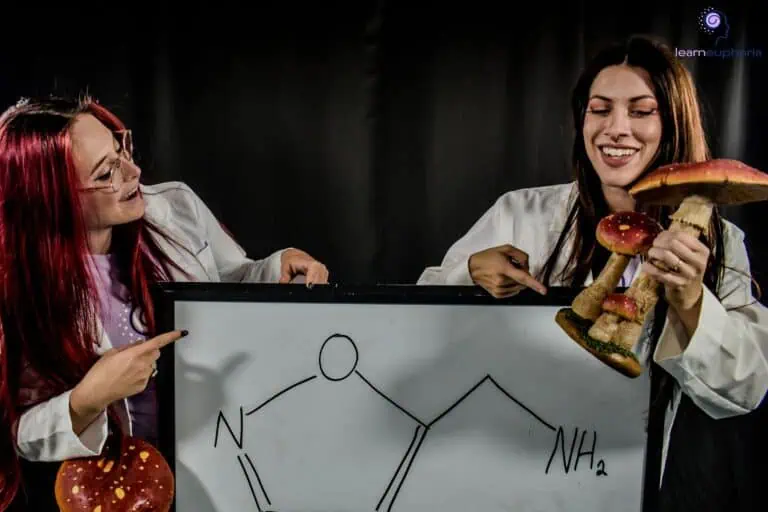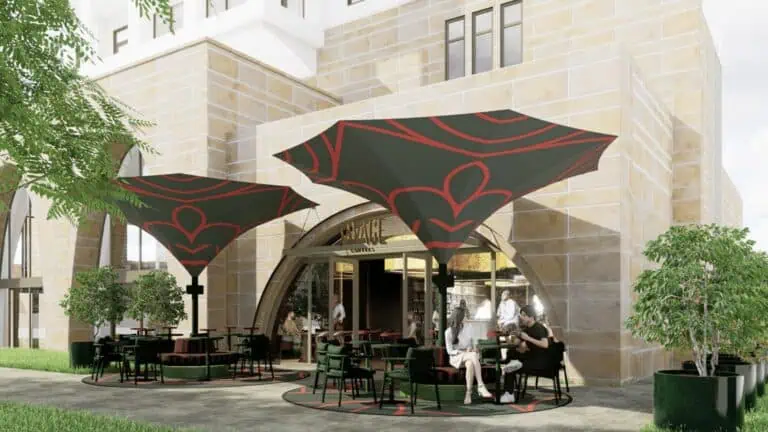When musician Murray Hidary lost his sister Mariel at the age of 23, he struggled to make sense of the profound loss. How could he manage his grief—carry it like an unwieldy box for the rest of his life? The answer seemed to come from Mariel’s own life. She was a dancer who taught dance as therapy, a way to build a positive self-image. For the past 10 years, Murray Hidary has honored her memory by performing his MindTravel concerts, a live-to-headphones “silent” piano experience, across the nation. His next show in St. Pete is September 20 at 6850 Beach Plaza, St. Pete Beach from 6pm-8pm. Reserve tickets here.
Hidary will also perform on September 19 at Siesta Beach in Sarasota (948 Beach Road Yellow Lifeguard Tower) from 6pm-8pm. Tickets are available online.
ADVERTISEMENT
Concerts set on America’s best beaches
The concert usually takes place in nature, often on a beach just before twilight. Attendees sit or lie on blankets and chairs, wearing wireless headsets tuned to his piano, though most don’t stay seated for long. Hidary encourages them to wander while he performs. The experience, with people moving and watching each other, feels like stepping into a scene from a Terrence Malick film. “An intimate moment in a public setting,” Hidary describes.
Hidary plays the piano for 75-80 minutes without any breaks or pauses between songs. In fact, there are no distinct songs; he plays continuously, improvising everything except for one detail: he always begins with a B flat. That note, he explains, serves as a ritual, like a gong or bell before meditation. “I bring absolute full attention… it’s a greater freedom than playing to a score,” he says. His style resembles that of minimalist composer Philip Glass, with gradual permutations of repeated notes over long stretches. Paired with the setting of St. Pete Beach at dusk, the effect is haunting and incantatory.
Hidary builds community in St. Pete through music
St. Pete is one of three main hubs where Hidary returns to play each month, unlike traditional tours where musicians travel all year and visit each city only once. Hidary aims to build a relationship with each community. I notice many audience members are repeat attendees. His repeated visits to the Burg mirror his musical style: gradually evolving through repetition—this time, with a place and its people. The setting reflects this idea as well. Hidary chooses a time near dusk, allowing the light to change gradually between two extremes.
Once the sun has fully set, all of our headsets glow blue. An LED display illuminates the prop cherry blossom trees, sunflowers, and flags surrounding the piano. The post-show ritual invites audience participation; everyone is welcome to speak if they wish, and many do.
“I don’t take a stance on the religiosity of the moment,” says Hidary. “But welcome anyone to feel what they feel.” Those who speak often describe a near-religious experience, though “grace” and “love” might better describe, an instinct for them, anyway. Hence why I’d like to give the last words of this article to a man who introduces himself as Doug, the first to speak after the show, who says, “I saw my daughter here tonight, in the shadow of someone else’s child…I want to thank the mother of that child. Wherever you are.”
Purchase tickets for Hidray’s MindTravel Live-to-Headphones ‘Silent’ Piano Experience.
ADVERTISEMENT






